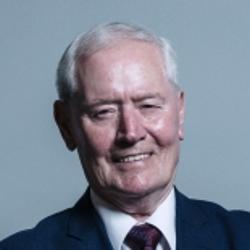Health Services: Homelessness
(asked on 20th March 2019) - View SourceQuestion to the Department of Health and Social Care:
To ask the Secretary of State for Health and Social Care, what recent assessment his Department has made of the adequacy of NHS (a) guidance and (b) regulations on access to care for people with no fixed address.
Entitlement to free National Health Service care is largely based on being ordinarily resident in the United Kingdom. Being ordinarily resident means, broadly, living here on a lawful and properly settled basis as part of the regular order of his or her life for the time being, with non-European Economic Area nationals subject to immigration control also required to have an immigration status of indefinite leave to remain.
Under the Charging Regulations, there is no reason why a person of no fixed abode cannot pass the ordinarily resident test, if they meet the ordinary residence criteria and are therefore exempt from charges. In determining whether charges are to be made under the Charging Regulations, service providers must make such enquiries as are reasonable in all the circumstances. We expect providers to consider the fact that in some circumstances it will be particularly difficult for a person with no fixed abode to provide documentary evidence of their ordinary residence status.
The NHS will always provide immediately necessary care, including maternity care, to any patient, regardless of their status in relation to the Charging Regulations.
NHS England has produced guidance for general practices clarifying rights of patients and responsibilities of providers when patient register with a general practitioner. Some services continue to remain free to all regardless of residency status, which currently includes primary medical services, the diagnosis and treatment of infectious diseases and accident and emergency services. Also, some groups of particularly vulnerable overseas visitors remain exempt from charge for all their treatment, including refugees and persons granted asylum, failed asylum seekers receiving specified packages of state support, victims of modern slavery, including human trafficking, and children looked after by a local authority. These exemptions continue to ensure that the most vulnerable in our society can access free healthcare whenever they need it.

